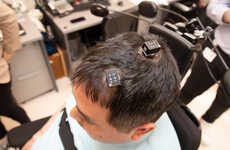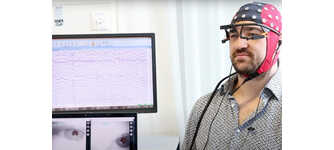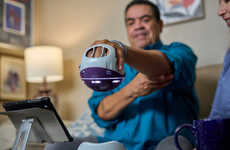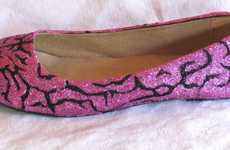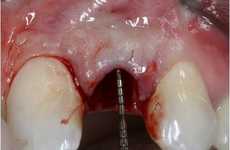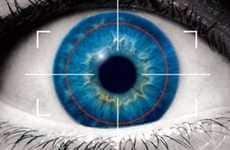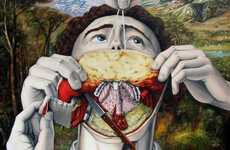
Woman's Own Experience Results in Stroke of Insight
Katie Cordrey — December 31, 2008 — Lifestyle
References: blog.healthtalk & mystrokeofinsight
Jill Bolte Taylor is a Harvard-trained brain scientist who had a massive stroke when a blood vessel exploded in her brain. The 37 year-old neuroanatomist was uniquely qualified to observe her own mind completely deteriorate. Within four hours, she was left unable to walk, talk, read, write, or remember her life.
The inspiring doctor has written a book about her ordeal. My Stroke of Insight: A Brain Scientist’s Personal Journey, is a riveting account of her stoke experience and of her recovery. Both her book and her lectures are inspiring insights into how our brains function. Jill Taylor’s 18 minute TED lecture can be seen in the YouTube video above or the YouTube short version.
If you have people in your life with ANY kind of mental illness or defect, Jill Bolte Taylor will inform and inspire you. She is on the cutting edge of brain science and research, exploring one of medicine’s least understood fields of study.
The inspiring doctor has written a book about her ordeal. My Stroke of Insight: A Brain Scientist’s Personal Journey, is a riveting account of her stoke experience and of her recovery. Both her book and her lectures are inspiring insights into how our brains function. Jill Taylor’s 18 minute TED lecture can be seen in the YouTube video above or the YouTube short version.
If you have people in your life with ANY kind of mental illness or defect, Jill Bolte Taylor will inform and inspire you. She is on the cutting edge of brain science and research, exploring one of medicine’s least understood fields of study.
Trend Themes
1. Brain Science Research - Opportunity for innovative advancements in understanding brain function and mental illnesses based on personal experiences and observations.
2. Neuroplasticity - Exploring the brain's ability to adapt and rewire itself, potentially leading to breakthrough treatments and therapies for mental illnesses and cognitive impairments.
3. Personalized Medicine - Using individual experiences and insights to tailor treatment approaches in brain science, resulting in more effective and targeted interventions.
Industry Implications
1. Healthcare - Applying personal experiences and insights to improve diagnosis, treatment, and care for individuals with mental illnesses and neurological disorders.
2. Publishing - Opportunities for sharing personal experiences and research findings in brain science through books, articles, lectures, and online platforms.
3. Technology - Developing innovative tools and technologies to support brain science research, diagnosis, and treatment, such as wearable devices and mobile applications.
4.5
Score
Popularity
Activity
Freshness

